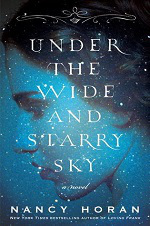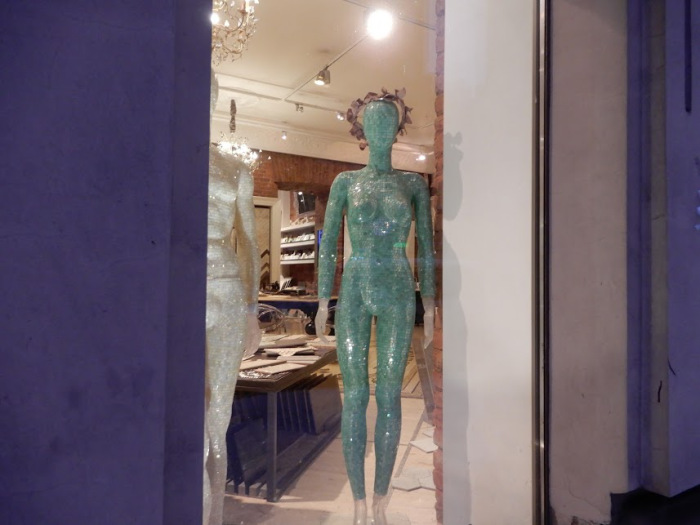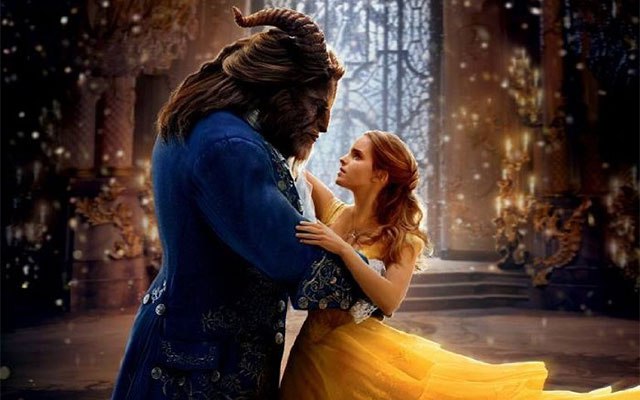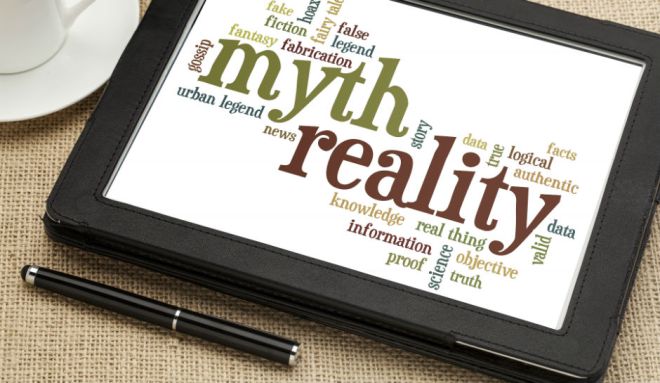Today, I am not going to talk about a sci-fi/fantasy/adventure novel! *GASP* I never said this blog would be exclusively about sci-fi/fantasy/adventure, but it may as well be, since that’s 90% of what I read (with the occasional mystery thrown in). However, once a month, I attempt to read something I normally wouldn’t (and would never have chosen myself), and the easiest way to do that was by joining a book club where the next youngest person is almost double my age and all the choices are more “literary”; most of the time, we read books about famous men’s wives– not really my thing, but I’ve liked some of the book choices. Since I’ll be at work a lot this upcoming week and will also be going out of town to meet up with some college friends over the weekend, I decided (mostly out of guilt) to read my book club book first instead of the bajillion other books on the list that I actually wanted to read. And soooooo…

This is not the cover that was featured on Overdrive, but oh well.
The featured book: Under the Wide and Starry Sky, by Nancy Horan.
Format I consumed it in: E-book, borrowed from work.
The premise: This is the story of Robert Louis Stevenson’s wife, Fanny Van de Grift, an American woman from Indiana who was still married when the two of them met at an artist’s commune in the French countryside. The book opens with Fanny moving to Belgium with her 3 children, teenaged Belle and 2 little boys, to get away from her useless alcoholic husband, Sam. After the youngest son gets really sick, they move to France, where Fanny meets RLS, “Louis”, and a bunch of his artist/writer friends, at the aforementioned commune. Louis immediately falls in love, and the rest of the book follows the two of them throughout their courtship, their marriage in California, and their many, many moves to different places throughout Europe due to Louis’s poor health. As usual, I won’t spoil anything in this section (not that there can be many spoilers to begin with, since this is real history), but their lives/the numerous, sometimes strange journeys they end up taking read like an adventure novel the likes of which Stevenson himself would have been enjoyed writing.
My thoughts [SPOILERS ABOUND]: Fanny and Louis, who are more than 10 years apart in age, clash often (their relationship sometimes feels more like that of a mother and son or a big sister and her baby brother), but there’s no denying that they work. I couldn’t help thinking about how Fanny was so American, and Louis so Scottish, and wondering if that was one of the reasons they clicked– if Louis were English instead, would it have been different? They were both fiery, free, unyielding, wild, eccentric personalities who were prone to “bouts of melancholy”, as I’ll call them, and capable of feeling inexpressible joy. Louis, with his endless optimism, was especially endearing.
When I started this book, I was reading just to get through it rather than out of any true enjoyment (romance of any kind is really not my thing), but even though I was reading begrudgingly, I couldn’t deny that their banter even at their first meeting was pretty good; they really had chemistry with each other. That said, Louis, like all other great men of genius, is obsessed with his work and is selfish in that he doesn’t consider Fanny’s feelings much in the pursuit of inspiration. One of my favorite things about this book is getting to “watch” Robert Louis Stevenson work. I’ve always considered myself a huge fan of RLS, but in reality, I was just a fan of his works; I knew next to nothing about the man. Despite this being a work of fiction and not a biography, I now feel as if I had the privilege of knowing him in real life. I didn’t start liking UtWaSK until the part where Louis tells Lloyd the story he’s made up on the spot about Long John Silver. I loved reading about his inspiration/writing process for Dr. Jekyll and Mr. Hyde.
By the end, though, I found myself speeding through the book to find out what happens to both of them, not just Louis. Like I said, I’ve read several other books about famous men’s wives, and most of the time, the men really overshadowed their wives, even when the wives were the sole POV/narrator throughout the entire thing. I have no doubt that in life, RLS greatly (and perhaps unfairly) overshadowed Fanny (in fact, UtWaSK discusses this in-depth), but she is such a force of her own that I ended up really sympathizing with her and wishing that she hadn’t been so victimized by systemic gender bias/oppression. The part where she talks about how she was trying super hard to get her housework done so that she could write, but more work kept materializing and by the time she was finished, she was so tired she couldn’t write anymore made me sad.
I was a bit uncomfortable reading about Louis playing the role of ” the good white man”/white savior and being treated as a sort of lord by the natives of Samoa, but I had to remind myself that this stuff probably actually happened (I have yet to confirm) and in reality, Louis really WAS one of the few good white guys who understood the negative impact of colonization and how it was going to lead to permanent erasure of this oral culture/history. But he and Fanny were only there as a result of colonization. But he actually cared about the Samoan natives and they accepted him in return. In the Stevensons’ case, the whole having Samoan servants and friends who eventually become like family thing is kind of complicated to judge in terms of ethics.
Rating: 4/5 stars. I ended up liking this way more than I thought I would and appreciate RLS’s books more now that I know about his life and Fanny’s contributions to these stories.
Advertisements Share this:




